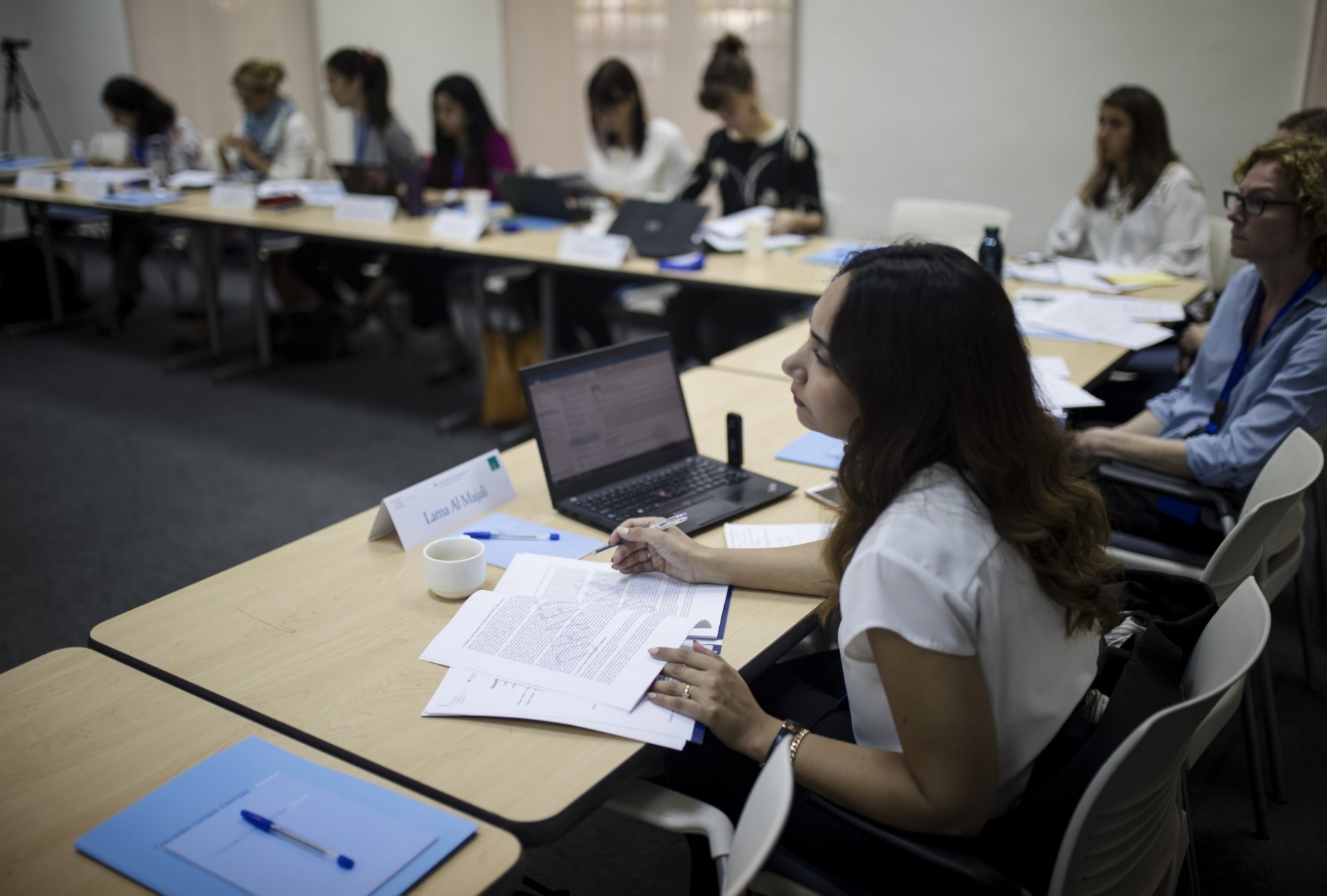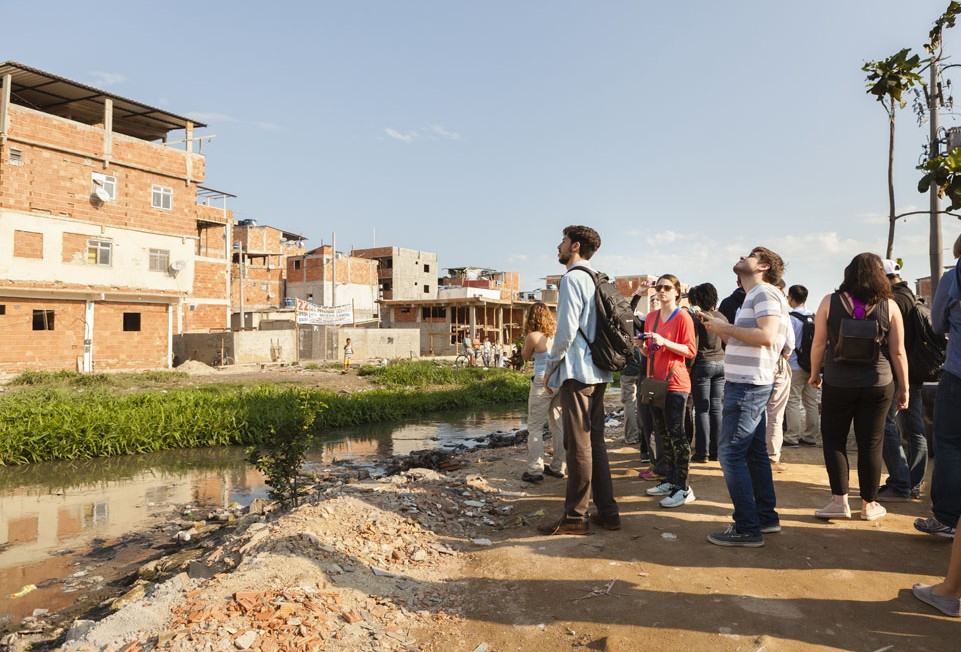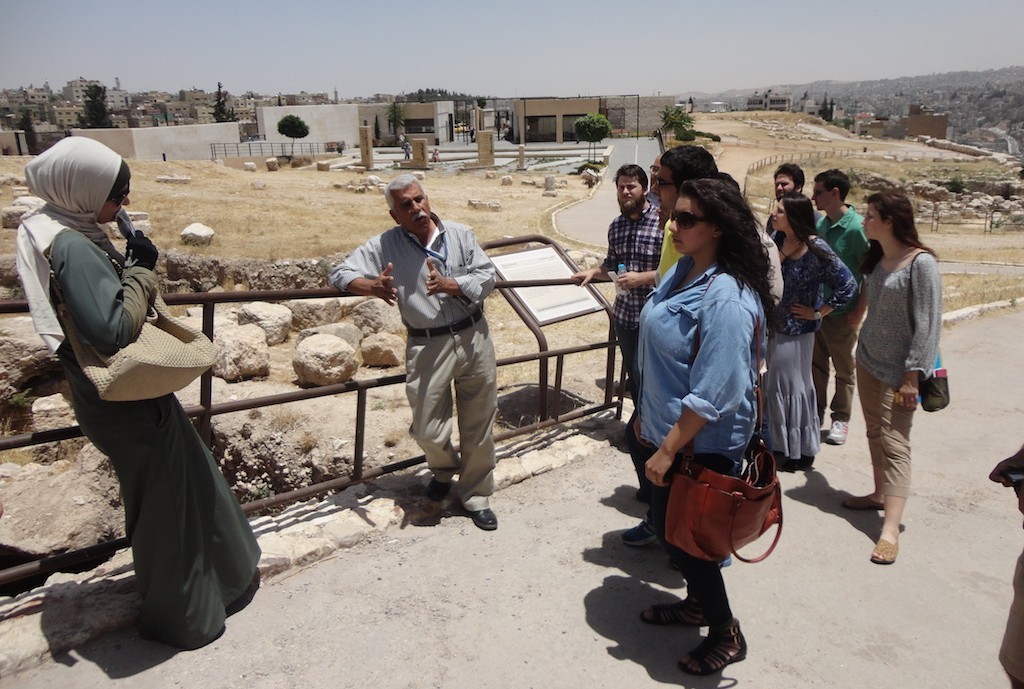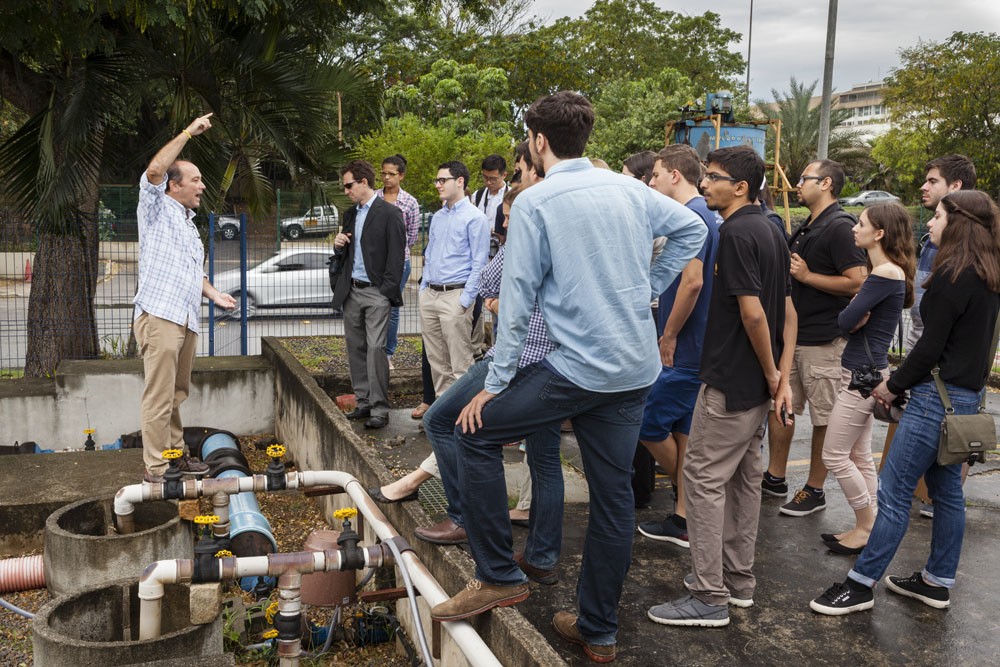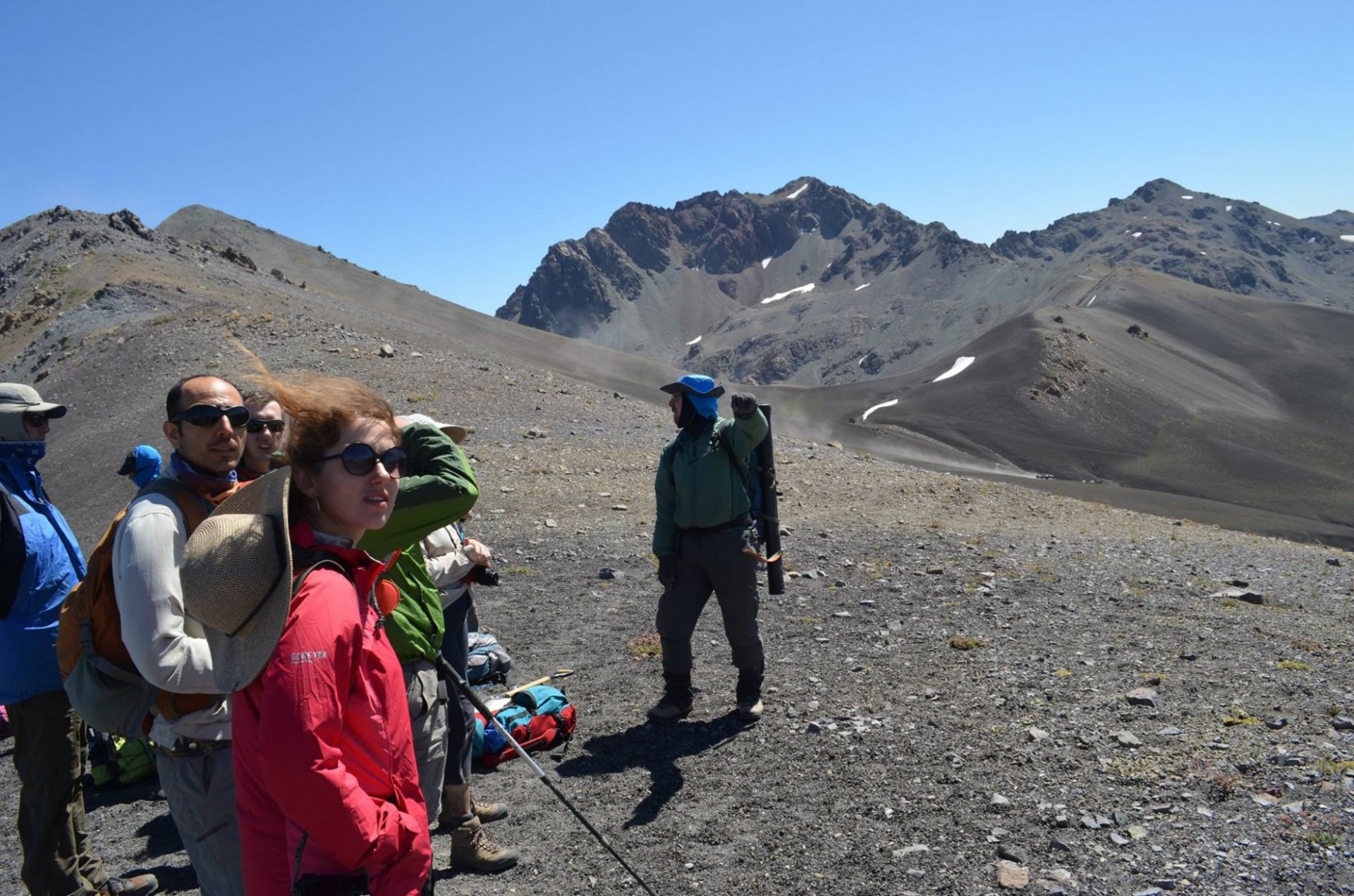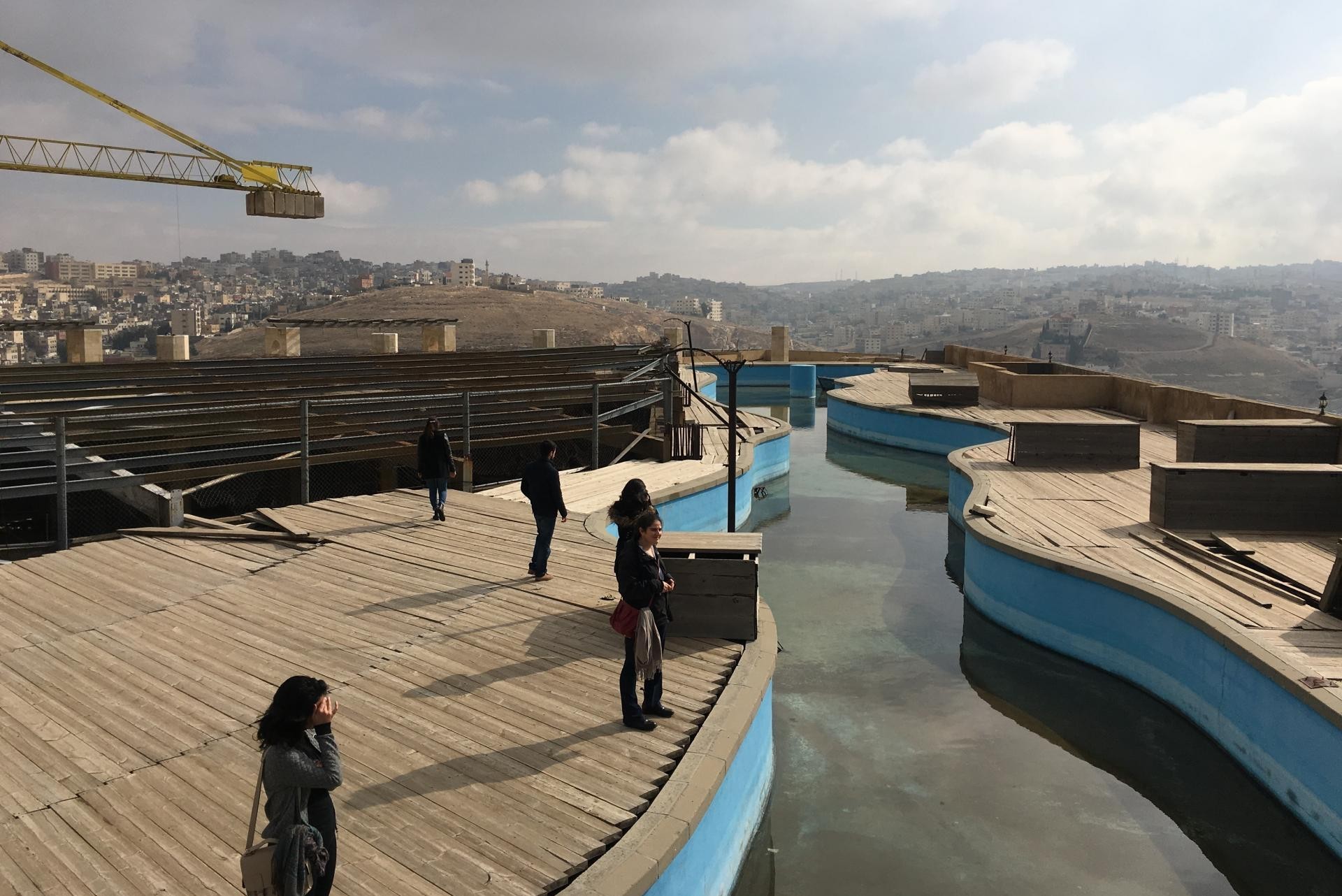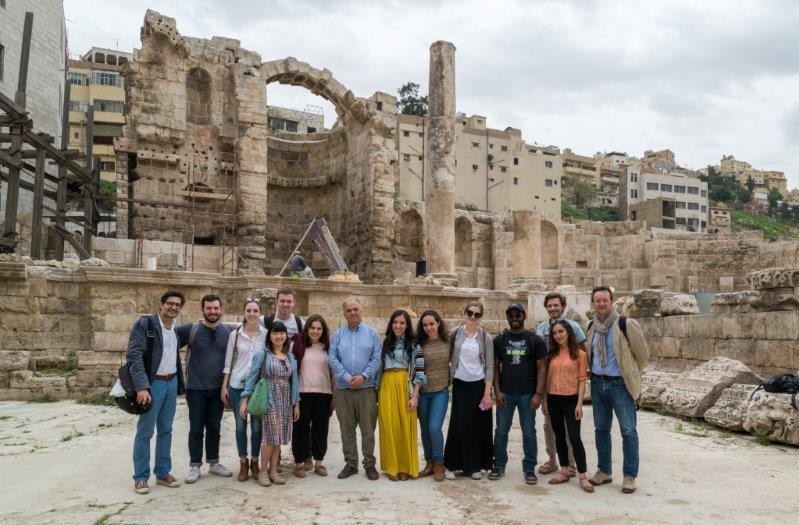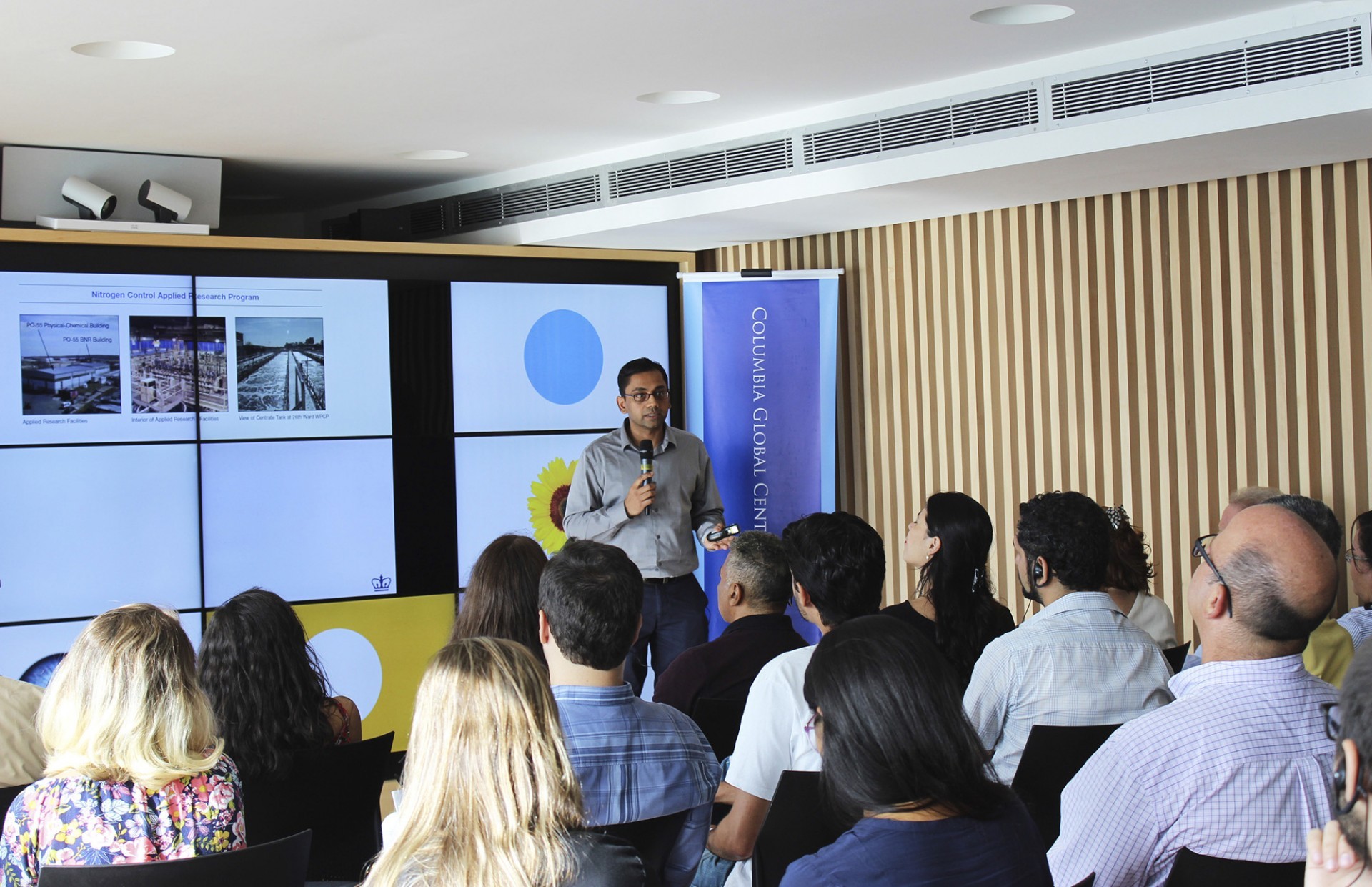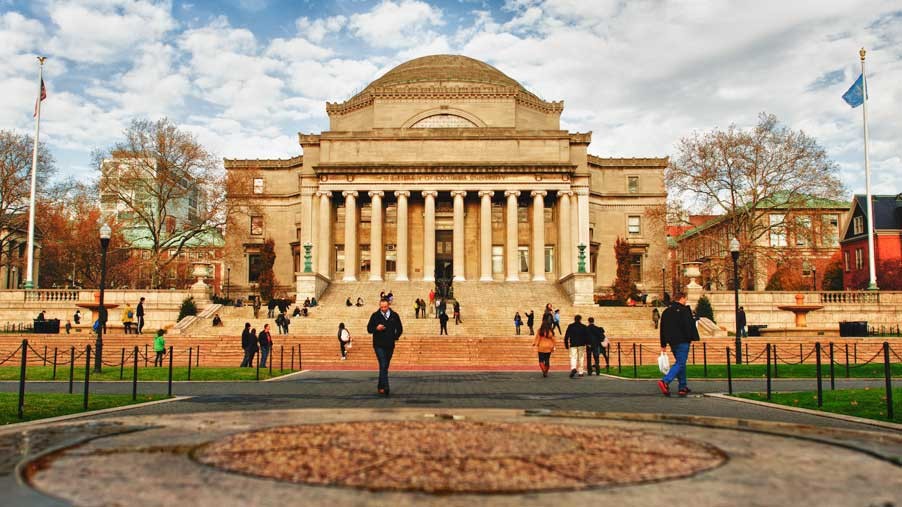The request for proposals for 2024 closed on March 10. Announcements of new President’s Global Innovation Fund awards are expected in early May.
The President’s Global Innovation Fund was launched in 2013 to support innovative projects enriched by the infrastructure, expertise, and connections of the Columbia Global Centers. The 118 grants awarded over the past decade have fostered new, interdisciplinary collaborations among Columbia faculty/researchers and schools; have accelerated innovation through collaborative research and global knowledge exchange; and have provided rich new learning opportunities for students at all levels. Read more about the fund here.
The Columbia Global Centers are the University’s physical and intellectual gateway to the world. Located in 11 cities across four continents, the Global Centers serve as regional hubs for research, education, training, collaboration, and social impact programming. With staff who have deep roots in their respective countries and regions, the Global Centers drive transformative connections between the University and the world, advancing knowledge exchange, deepening global dialogue, and building local partnership networks to advance innovation and impact. Learn more about the amenities and services offered by each Columbia Global Center.
Grants Awarded by Year
News on projects funded by the President's Global Innovation Fund
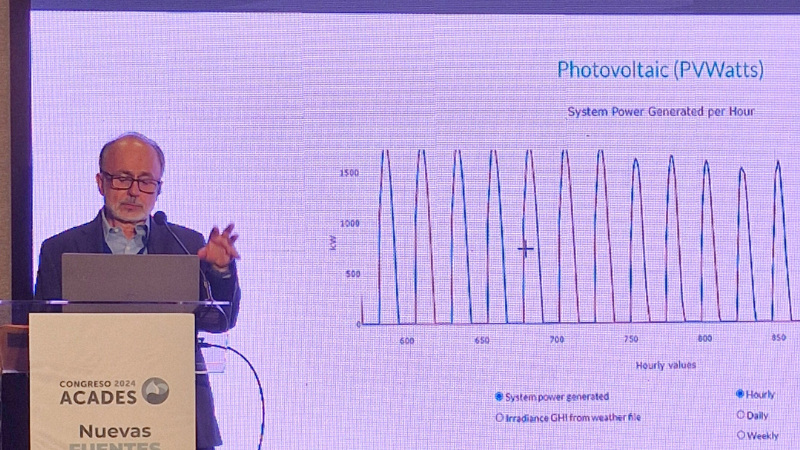
He presented the tool during the Chilean Association of Desalination and Reuse (ACADES) congress, attended by more than 500 participants.
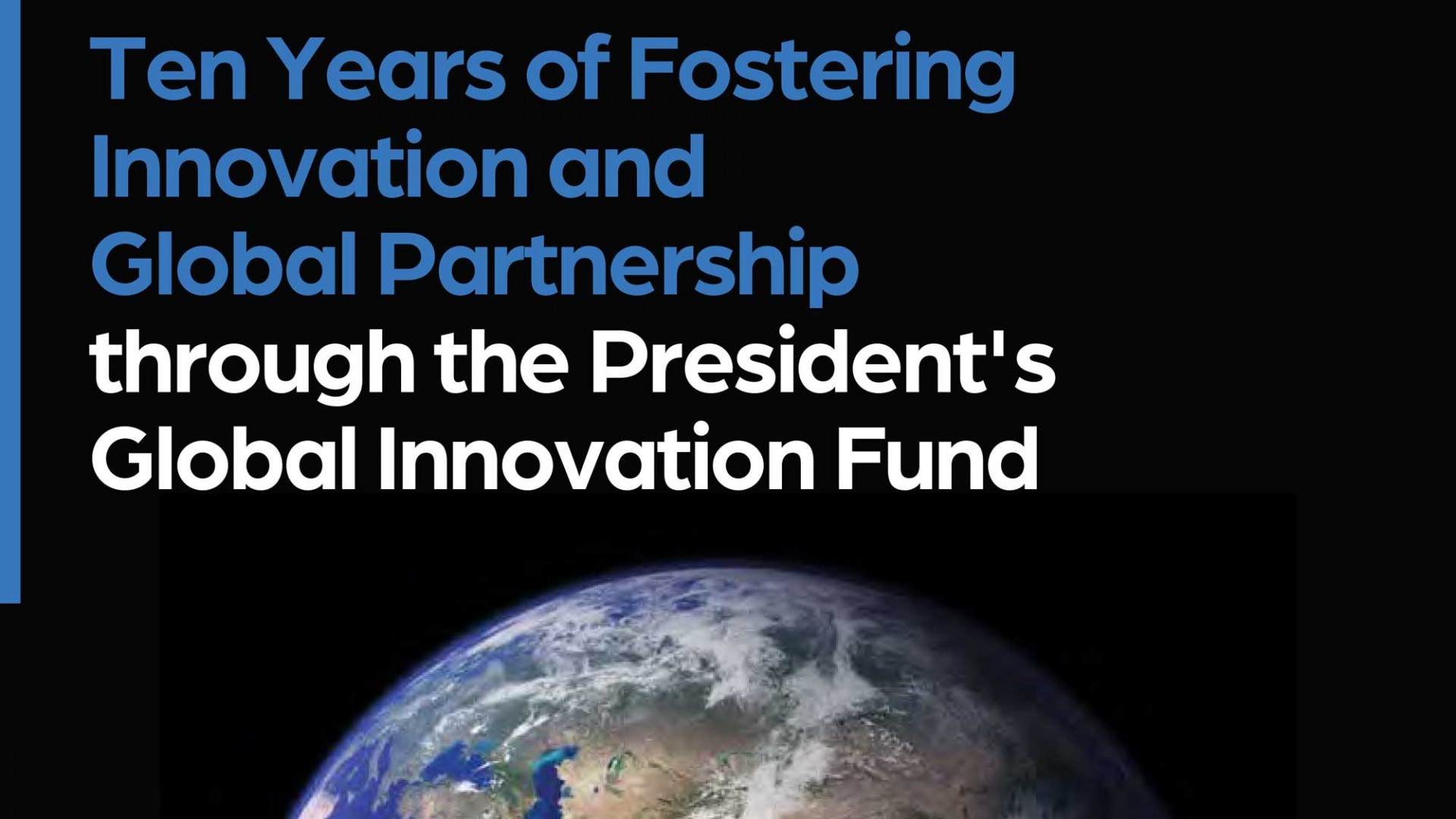
A look back at the global impact of Columbia faculty research through this innovative fund.
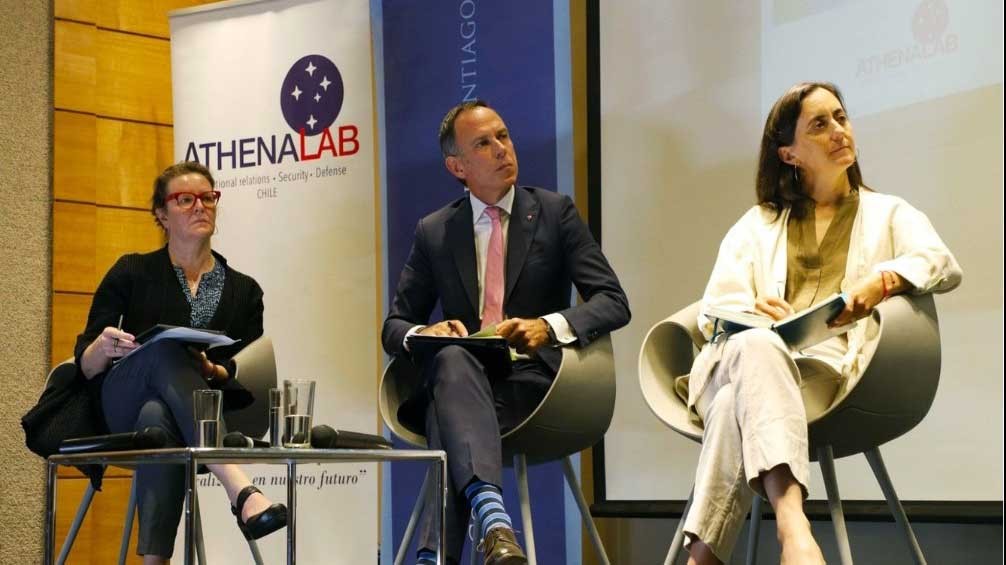
The event was part of a PGIF research project led by Page Fortna, Columbia Professor of US Foreign and Security Policy.
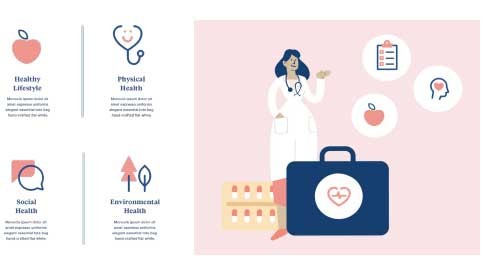
REACH aims to bridge the gap in health literacy and health care access among refugee and local youth in Turkey, Lebanon, and Jordan.
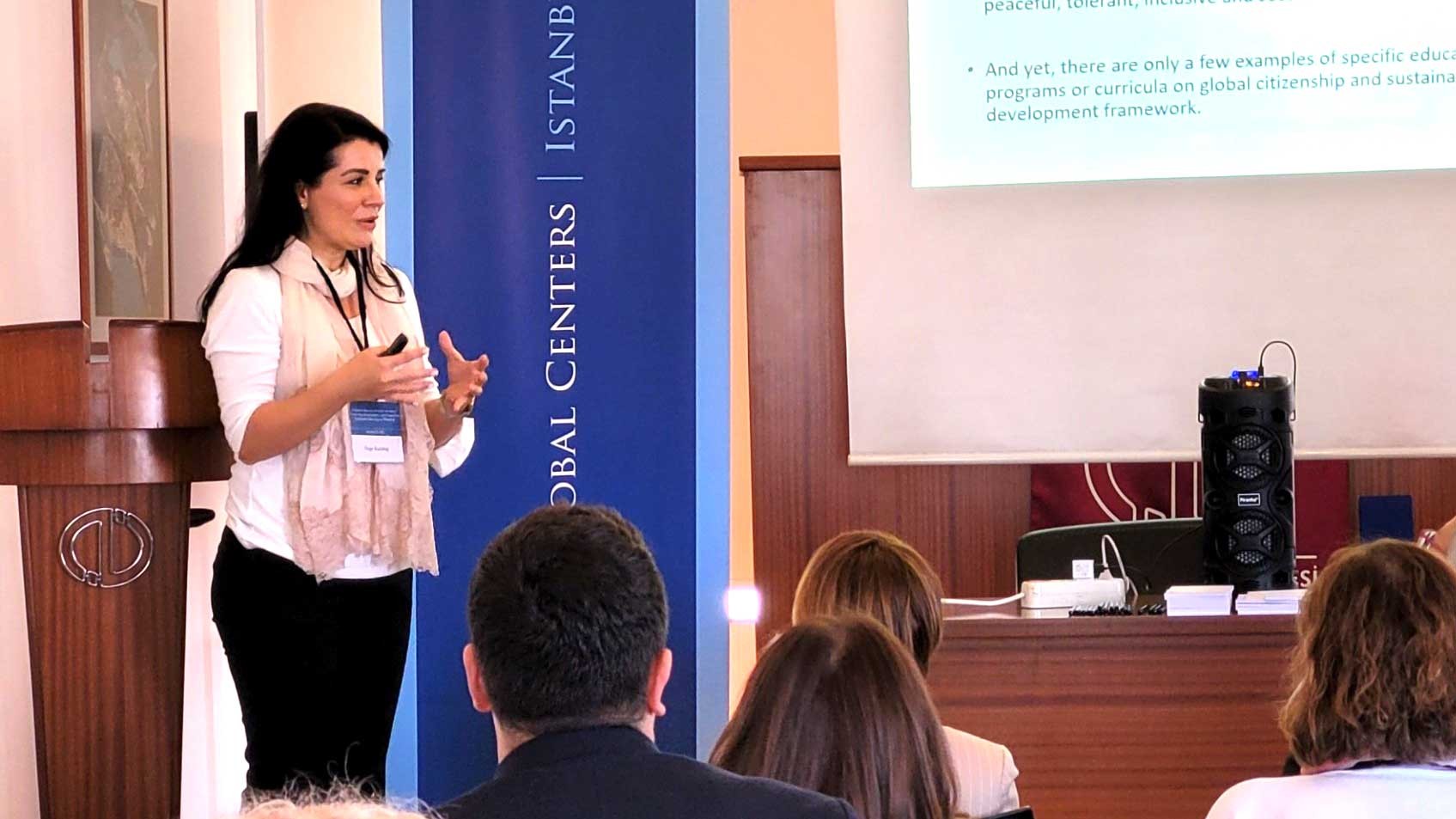
“Youth-led Advocacy Initiative for Global Citizenship, Responsibility, and Cooperation”
Panelists explored the health inequities that persist among the LGBT community and how public policies can – and should – help address that gap.
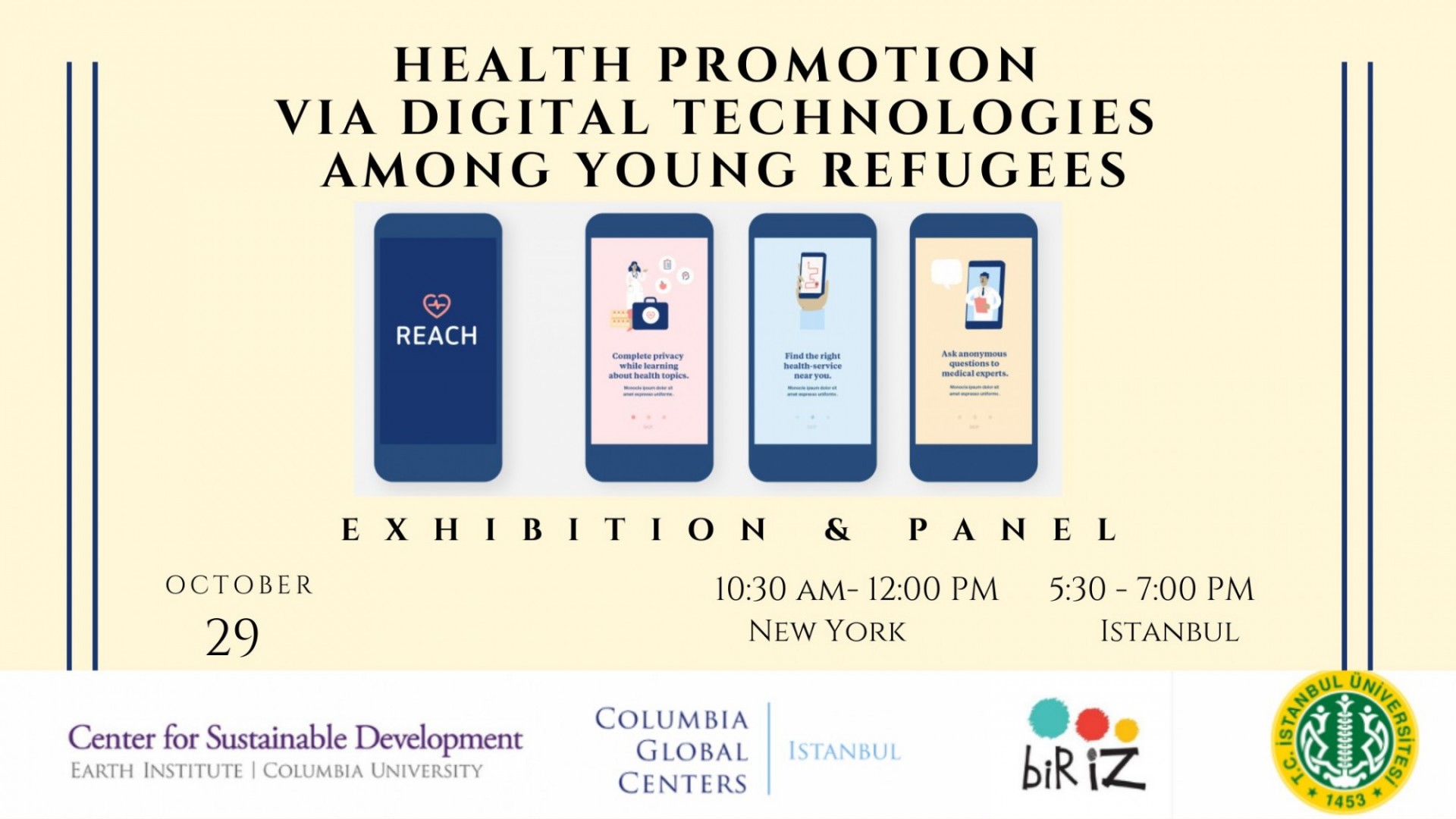
This project aimed to to improve access for young refugees to health information and services in Turkey.
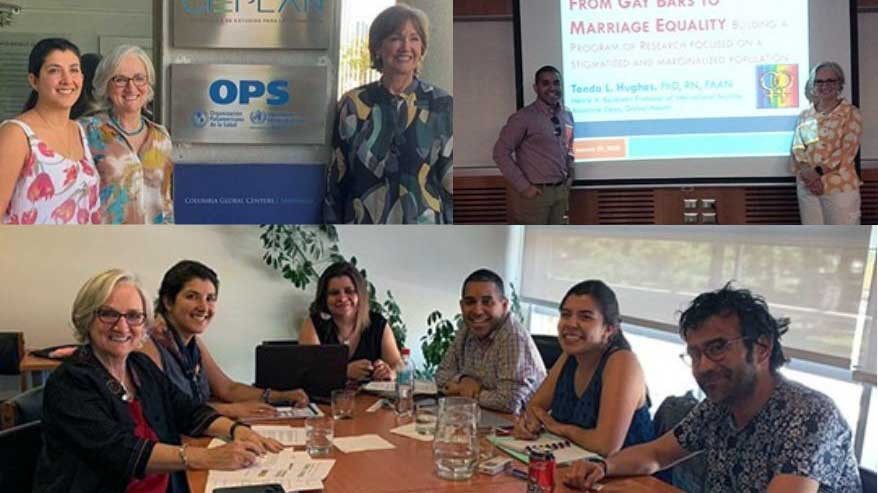
Columbia experts met with local co-investigators and advance their study on research gaps on sexual minority health in Chile.
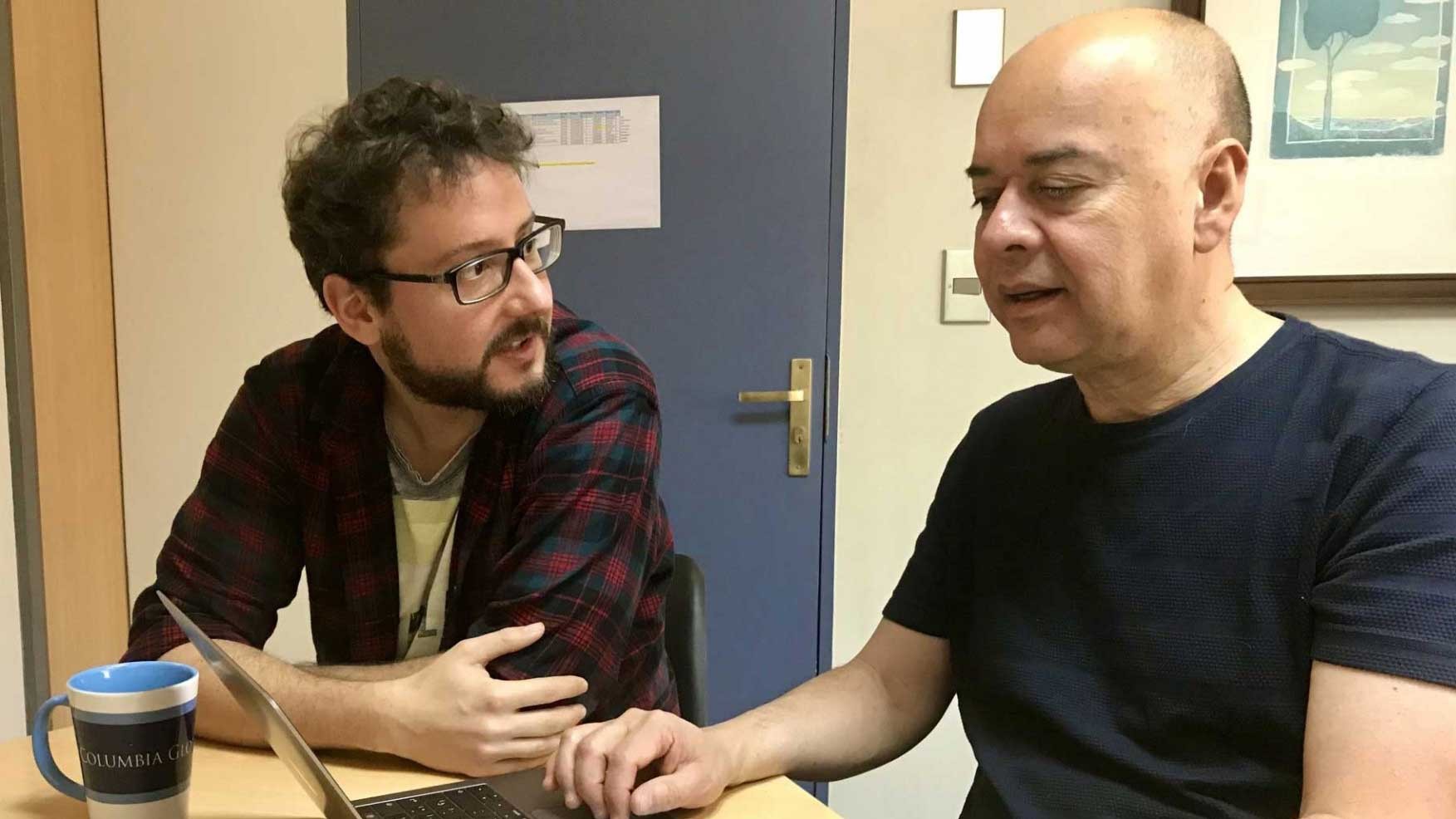
Columbia faculty visited Chile to work on the project “Massive entry of renewable energy: Operation, storage and intermittency.”
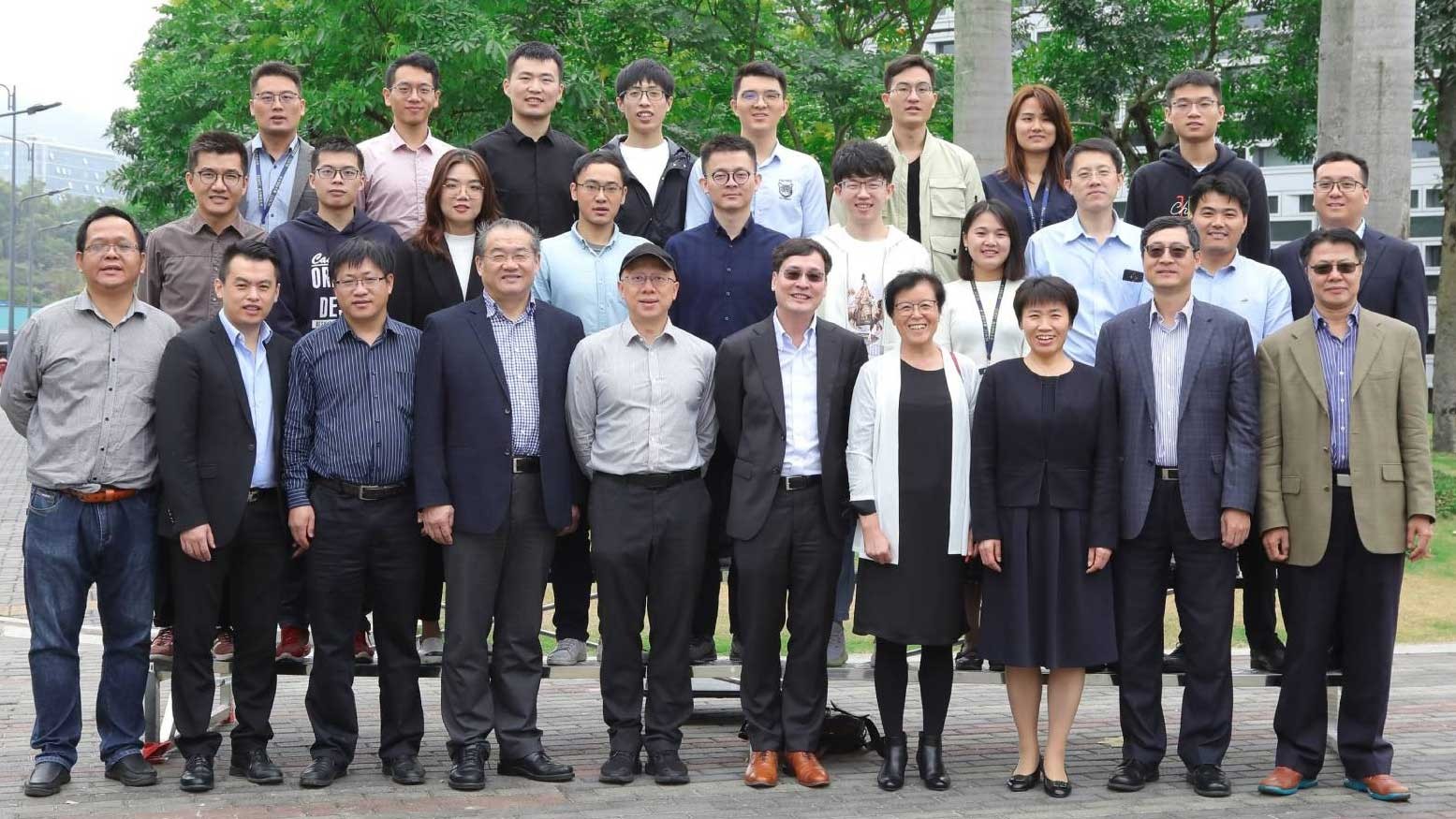
This one-day Conference is part of the Columbia-China Musculoskeletal Genetic Project led by Columbia Engineering Professor Edward Guo.
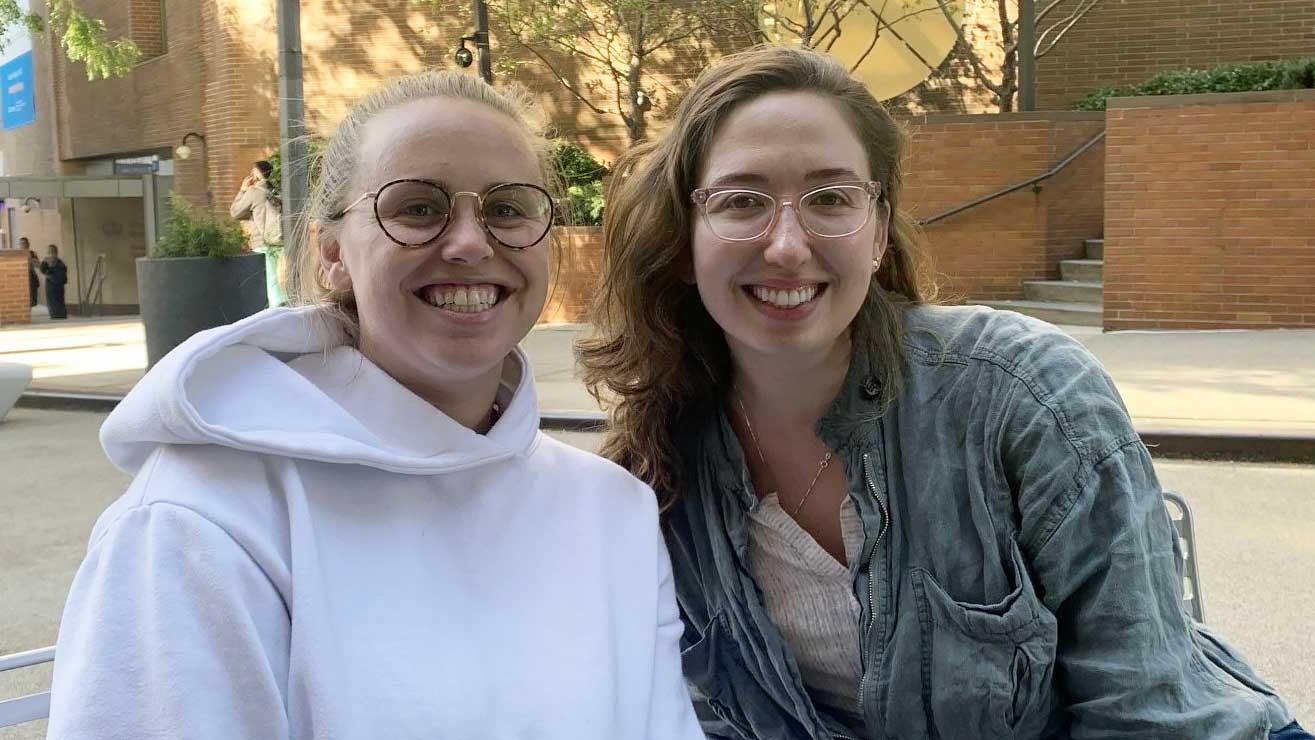
Master’s students learn lessons on disaster recovery research from Chile's devastating 2018 wildfire
Grace Dickinson and Shoshana Sheinfeld, both GSAAP'20, studied disaster recovery in Chile after the country’s worst wildfire in modern history.

